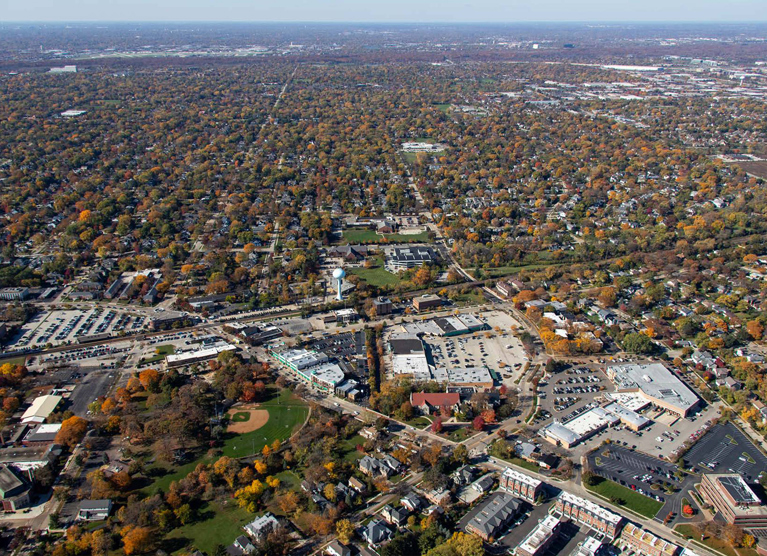
Bike sharing programs have sprouted up in many cities and communities across the United States. Some in the cycling community believe these programs are beneficial and encourage riding by individuals who might not otherwise use a bicycle. Others think that the programs are fraught with potential hazards and create more problems than they solve. The truth lies somewhere in the middle: public bicycle systems have a number of advantages and disadvantages.
Benefits of Bike Sharing
1. Environmental benefit: Biking is great for the environment because it allows people to travel without releasing toxins and burning fuel. People who utilize bike sharing programs might use them instead of their own car or an Uber or taxi to travel around their area. This cuts down on emissions and creates a culture of eco-friendly transportation. As cycling is embraced on a global scale, air quality improves, resulting in better health and well-being for all citizens.
2. Fitness: Biking is known to be an excellent exercise for both the body and the mind. Studies have shown that cycling offers tremendous cardiovascular benefits, helps stave off the effects of depression and anxiety, and increases overall fitness levels. By promoting cycling, communities who institute a bike sharing program promote positive health benefits and increased physical activity in their citizens.
3. Convenient to use: Public bicycle systems offer a convenient, easy-to-use system for citizens. There is no need to worry about maintenance and upkeep or bicycle storage. Also, cyclists don’t have to commit to making a bicycle purchase. For those on the fence about purchasing a bicycle of their own, bike share programs allow ride prior to making a purchase.
4. A Greater embrace of cycling: As a community has more cyclists traveling the roads, they make changes to benefit the growing population. Bike lanes are built, and laws are written to protect cyclists. Having more cyclists on the road also means that drivers become more familiar with sharing the road with cyclists. Drivers learn to respect the rights of cyclists, and the streets become safer for all.
Disadvantages of Bike Sharing
1. Helmets – or lack thereof: One major issue that needs to be tackled by the bike-sharing community is bicycle helmets. We all know that bicycle helmets prevent injuries and should be worn by all cyclists. Asking individuals who do not own a bicycle to purchase a helmet seems like a stretch, but there is not a clear way of providing helmets either. Most bike share programs skirt the problem by recommending that all cyclists wear helmets but many go without. Several bike share programs have found helmet use to be around 20 percent for shared bicycles – meaning a large number of riders are not protected in the event of a crash.
2. Docking stations: Bike share programs tend to be congested during heavy traffic hours, this can mean that bicycles might not be available for use. Conversely, during non-typical hours, bike sharing stations can become full, making it difficult to store additional bikes.
3. First-time cyclists: Bike share programs make bicycling accessible for everyone, whether or not they are familiar with cycling. Some people will have experience riding in the city, while for others it may be a first-time experience. Individuals who have previously ridden bicycles on side streets and in parks may not be familiar with the nuances of using a bicycle in the city. These individuals put themselves and others on the road at risk. Furthermore, tourists and those who are unfamiliar with the layout of the city will face navigational challenges as well.
Although bicycle share programs are generally safe, we know that there are inherent risks in riding a bicycle through the city. No matter how safe you are, accidents do occur. When crashes occur, injuries to cyclists can be severe. If you have been involved in a bike sharing crash, you may wonder about your rights.
Be careful about settling with an insurance company prior to speaking with an attorney: you may end up getting far less than you deserve. Don’t settle for less! Contact the experienced team of bicycle crash attorneys at Kass & Moses Personal Injury Lawyers and learn more about how we can help you recover the compensation you deserve.
Contact Our Northbrook Bicycle Accidents Law Firm Today
If you were injured in an accident in Northbrook, IL, and need legal help, contact our Northbrook bicycle accidents lawyers at Kass & Moses Personal Injury Lawyers to schedule a free case review today.
Kass & Moses Personal Injury Lawyers
601 Skokie Blvd Suite 401
Northbrook, IL 60062
(847) 513-9582

